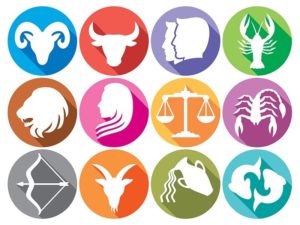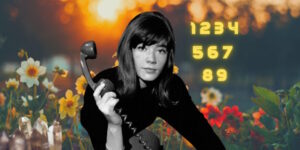Spirituality is a broad concept with room for many perspectives. In general, it includes a sense of connection to something bigger than ourselves, and it typically involves a search for meaning in life. As such, it is a universal human experience—something that touches us all. People may describe a spiritual experience as sacred or transcendent or simply a deep sense of aliveness and interconnectedness.
Some may find that their spiritual life is intricately linked to their association with a church, temple, mosque, or synagogue. Others may pray or find comfort in a personal relationship with God or a higher power. Still others seek meaning through their connections to nature or art. Like your sense of purpose, your personal definition of spirituality may change throughout your life, adapting to your own experiences and relationships.
Spiritual questions
Explore life purpose: For many, spirituality is connected to large questions about life and identity, such as:
- Am I a good person?
- What is the meaning of my suffering?
- What is my connection to the world around me?
- Do things happen for a reason?
- How can I live my life in the best way possible?
Experts’ definitions of spirituality
- Christina Puchalski, MD, Director of the George Washington Institute for Spirituality and Health, contends that “spirituality is the aspect of humanity that refers to the way individuals seek and express meaning and purpose and the way they experience their connectedness to the moment, to self, to others, to nature, and to the significant or sacred.”
- According to Mario Beauregard and Denyse O’Leary, researchers and authors of The Spiritual Brain, “spirituality means any experience that is thought to bring the experiencer into contact with the divine (in other words, not just any experience that feels meaningful).”
- Nurses Ruth Beckmann Murray and Judith Proctor Zenter write that “the spiritual dimension tries to be in harmony with the universe, and strives for answers about the infinite, and comes into focus when the person faces emotional stress, physical illness, or death.”
Relationship between religion and spirituality
While spirituality may incorporate elements of religion, it is generally a broader concept. Religion and spirituality are not the same thing, nor are they entirely distinct from one another. The best way to understand this is to think of two overlapping circles like this:

- In spirituality, the questions are: where do I personally find meaning, connection, and value?
- In religion, the questions are: what is true and right?
Where the circles overlap is the individual experience, which affects the way you think, feel, and behave.
Spirituality versus emotional health
You will notice as you read on that many practices recommended for cultivating spirituality are similar to those recommended for improving emotional wellbeing. This is because there is a connection between the two—emotional and spiritual wellbeing influence one another and overlap, as do all aspects of wellbeing.
- Spirituality is about seeking a meaningful connection with something bigger than yourself, which can result in positive emotions, such as peace, awe, contentment, gratitude, and acceptance.
- Emotional health is about cultivating a positive state of mind, which can broaden your outlook to recognize and incorporate a connection to something larger than yourself.
Thus, emotions and spirituality are distinct but linked, deeply integrated with one another.
“You do not need to know precisely what is happening, or exactly where it is all going. What you need is to recognize the possibilities and challenges offered by the present moment, and to embrace them with courage, faith and hope.”
Thomas Merton

A reflective tool for exploring spirituality
Like other reflective practices, mindfulness can be a tool to discover how spirituality manifests in your life. Mindfulness teaches you to be aware of what is happening in your body and mind in the present moment and open to it with curiosity and kindness. This allows you to explore beliefs, perspectives, and experiences in a new way that might lead to new insights around spiritual questions.





